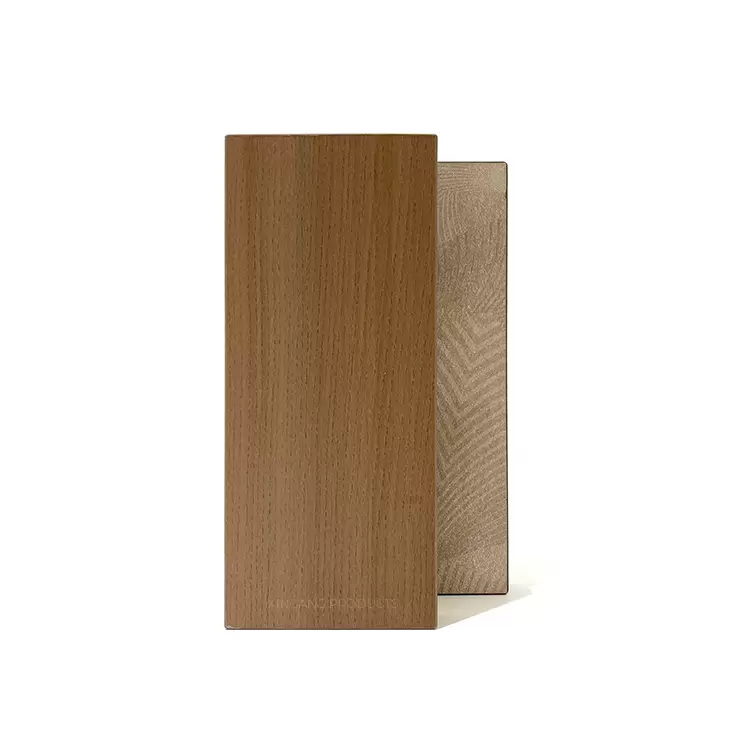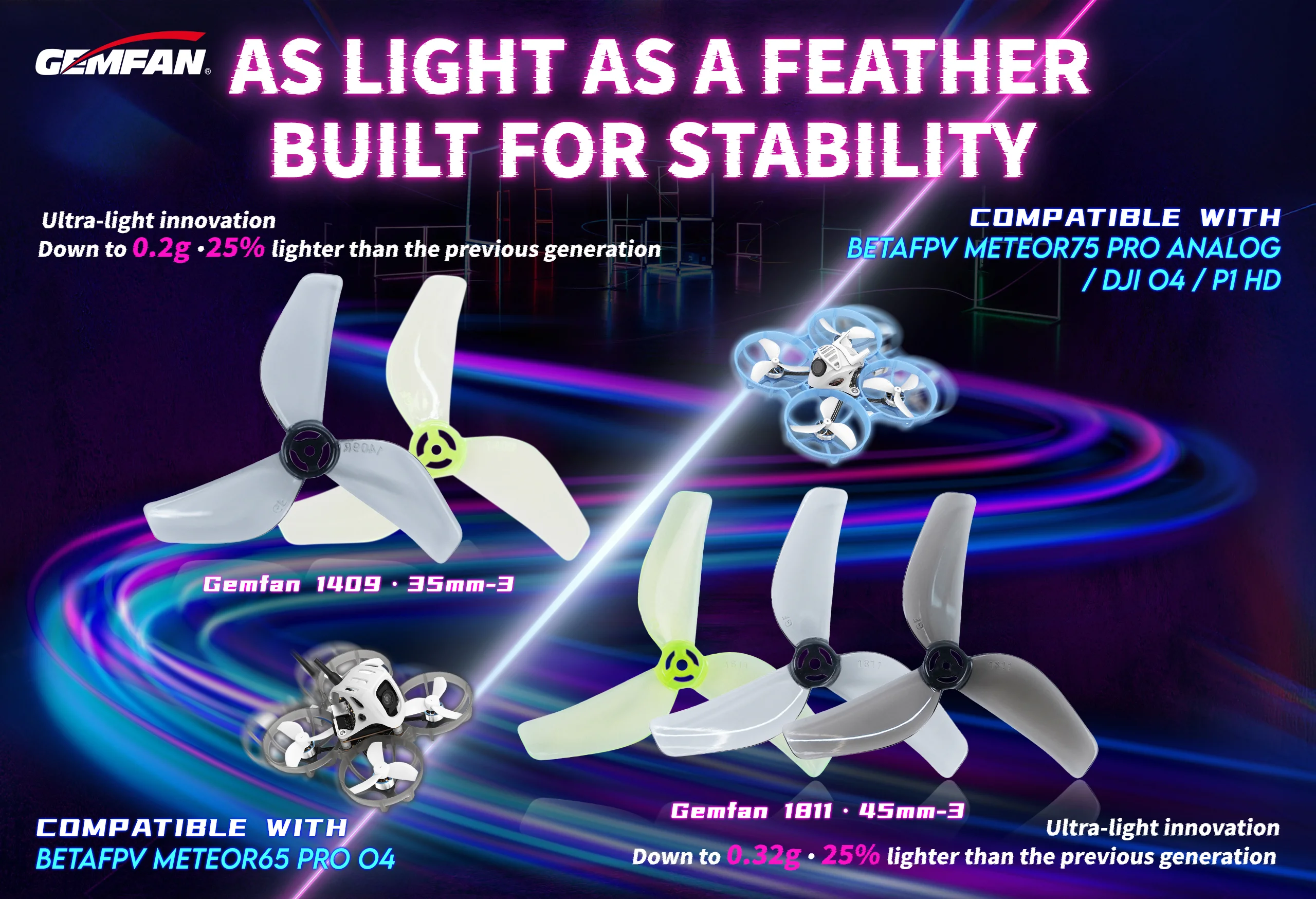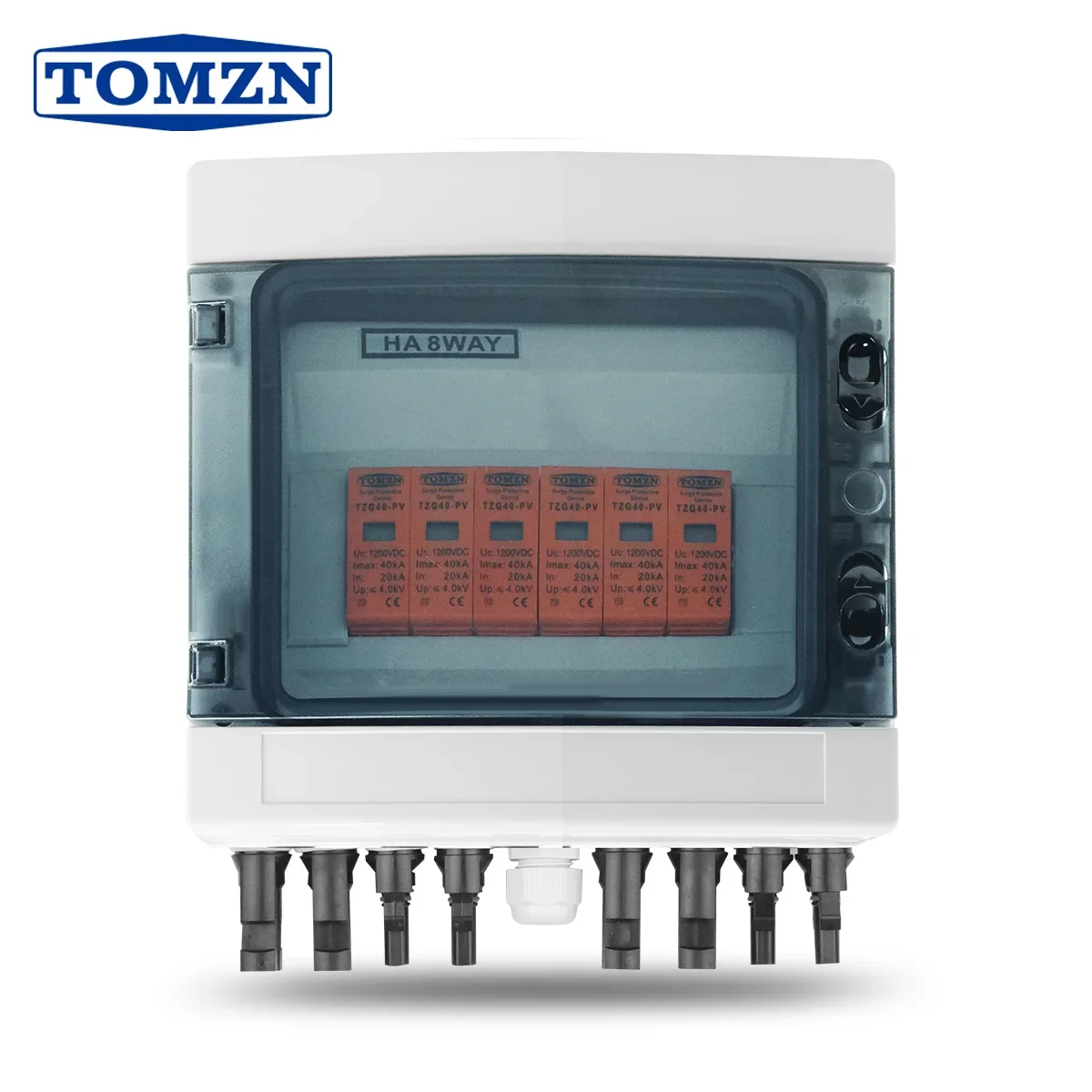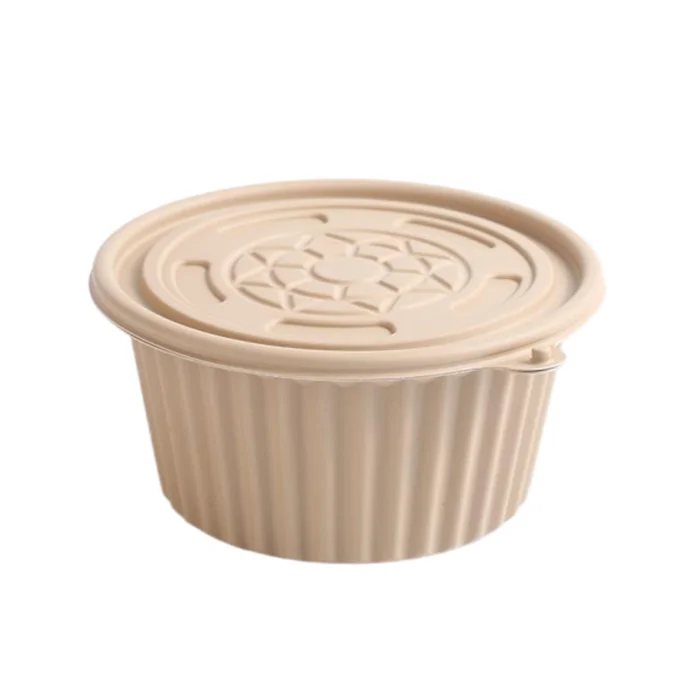When it comes to partition materials, choosing the best one can significantly impact the functionality, aesthetics, and durability of a space. With a plethora of options available, it can be overwhelming to determine which partition material is truly the best. In this article, we will delve into the various partition materials, analyzing their properties, advantages, and disadvantages, to help you make an informed decision for your specific needs.
- Glass Partitions:
Glass partitions have gained immense popularity in recent years due to their sleek and modern appearance. They offer several advantages, such as:
- Enhanced natural light transmission, creating an open and spacious atmosphere.
- Sound insulation properties, ensuring privacy while maintaining visual connectivity.
- Easy maintenance and cleaning.
- Customizable designs, including frosted or tinted glass for added privacy.
However, glass partitions also have some limitations, including:
- Limited soundproofing capabilities compared to other materials.
- Higher cost compared to alternatives.
- Susceptibility to breakage, requiring safety measures in high-traffic areas.
- Gypsum Partitions:
Gypsum partitions, also known as drywall or plasterboard partitions, are widely used in commercial and residential spaces. They offer the following advantages:
- Cost-effective and readily available.
- Easy installation and customization.
- Good fire resistance properties.
- Excellent sound insulation capabilities.
However, gypsum partitions also have some drawbacks, such as:
- Susceptibility to moisture damage, requiring proper ventilation and waterproofing.
- Limited impact resistance compared to other materials.
- Less flexibility in terms of design and aesthetics.
- Metal Partitions:
Metal partitions, typically made of steel or aluminum, are known for their durability and strength. They offer several benefits, including:
- High resistance to impact, making them suitable for high-traffic areas.
- Excellent fire resistance properties.
- Enhanced security features.
- Wide range of design options, including perforated or textured surfaces.
However, metal partitions also have certain limitations, including:
- Poor sound insulation properties compared to other materials.
- Higher cost compared to alternatives.
- Susceptibility to corrosion in humid environments, requiring proper maintenance.
- Wood Partitions:
Wood partitions provide a warm and natural aesthetic to any space. They offer the following advantages:
- Excellent sound insulation properties.
- Versatility in terms of design and finishes.
- Environmentally friendly option.
- Good durability and impact resistance.
However, wood partitions also have some considerations, such as:
- Higher cost compared to other materials.
- Susceptibility to moisture damage, requiring proper sealing and maintenance.
- Limited fire resistance compared to alternative materials.
Conclusion:
Choosing the best partition material depends on various factors, including budget, design preferences, functionality, and environmental considerations. Glass partitions offer a modern and open feel, gypsum partitions provide cost-effectiveness and sound insulation, metal partitions offer durability and security, while wood partitions provide a natural and warm aesthetic. Assessing your specific requirements will help you determine the most suitable partition material for your project, ensuring a harmonious and functional space.




